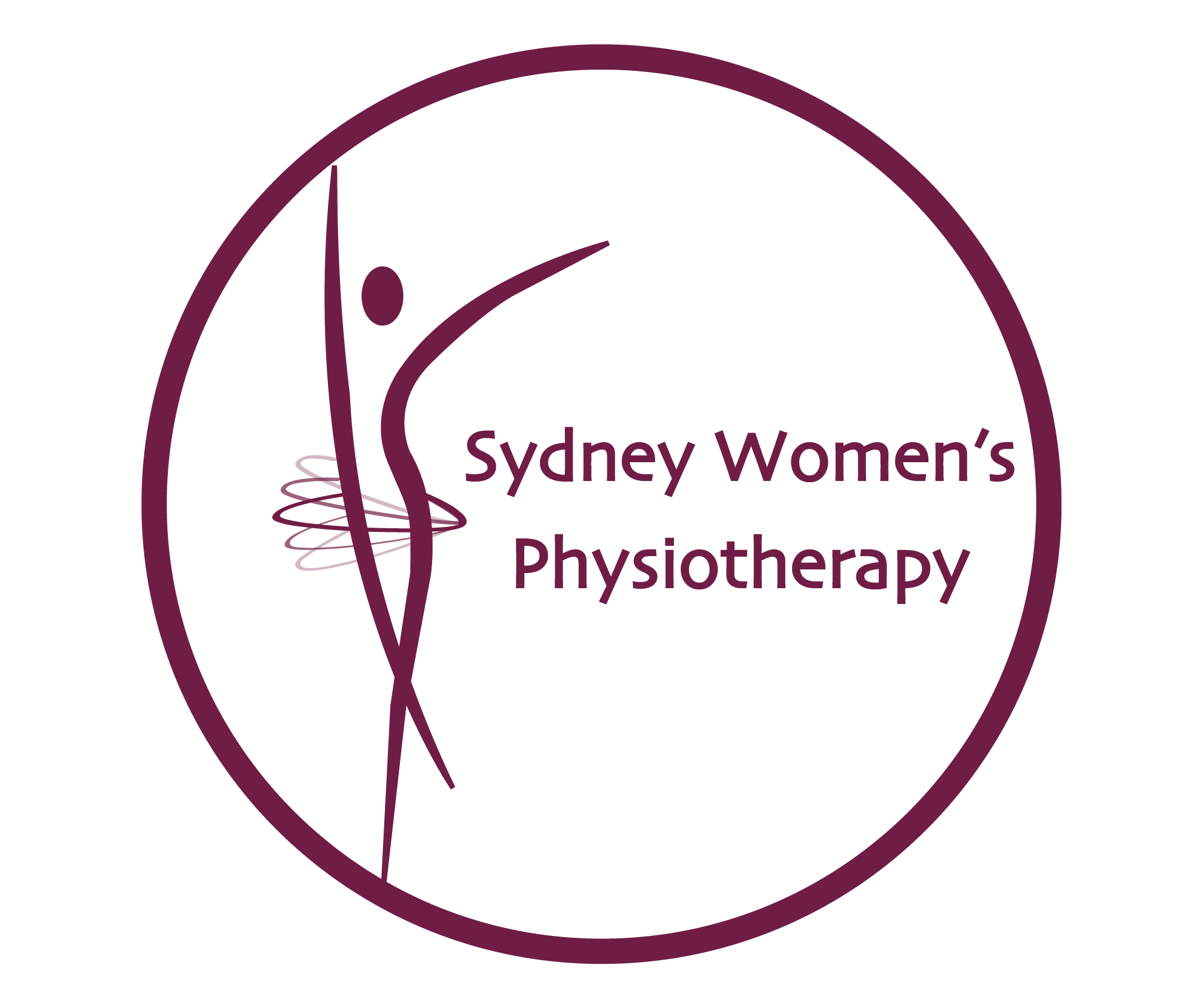Women’s Pelvic Pain
How common is persistent pelvic pain?
Persistent pelvic pain (PPP) affects 10-20% of women, and those assigned female at birth. Those affected may experience a significant financial, physical, mental or sexual health burden.
What are the signs and symptoms?
- Recurrent pain in the pelvic region, pelvic floor, pelvic organs or abdomen
- Pain with bladder or bowel emptying
- Pain with intercourse
What conditions may fall under the banner of PPP?
- Endometriosis
- Vaginismus
- Bladder Pain Syndrome
- Pudendal Neuralgia
- Vulvodynia/Vestibulodynia
- Proctalgia Fugax
- Levator Ani Syndrome
How can Sydney Women’s Physiotherapy help manage your persistent pelvic pain?
At Sydney Women’s Physiotherapy, we acknowledge that the management of persistent pelvic pain can be complex and multifactorial in nature. Our team of physiotherapists have undergone additional training and have many years of experience in the management of persistent pelvic pain. During your initial consultation, you can expect your physiotherapist to take a thorough history of your concerns and then provide you with a clear and detailed treatment plan.
Treatment will include education, postural education, advice regarding appropriate exercise and pacing strategies, management of bladder and bowel concerns, pain management techniques and a home exercise program. We acknowledge the holistic approach required and as a result have strong links with gynaecologists, urologists, colorectal specialists, gastroenterologists, pain medicine specialists and psychologists to help manage your concerns if required.
At Sydney Women’s Physiotherapy, we also offer therapeutic yoga classes and clinical pilates, click here for more information: Unwind and Restore and Studio Equipment: Endo and Pelvic Pain for our persistent pelvic pain patients.
The Physiotherapists Treating Women’s Health

Trisha

Kiera

Shivanthy


